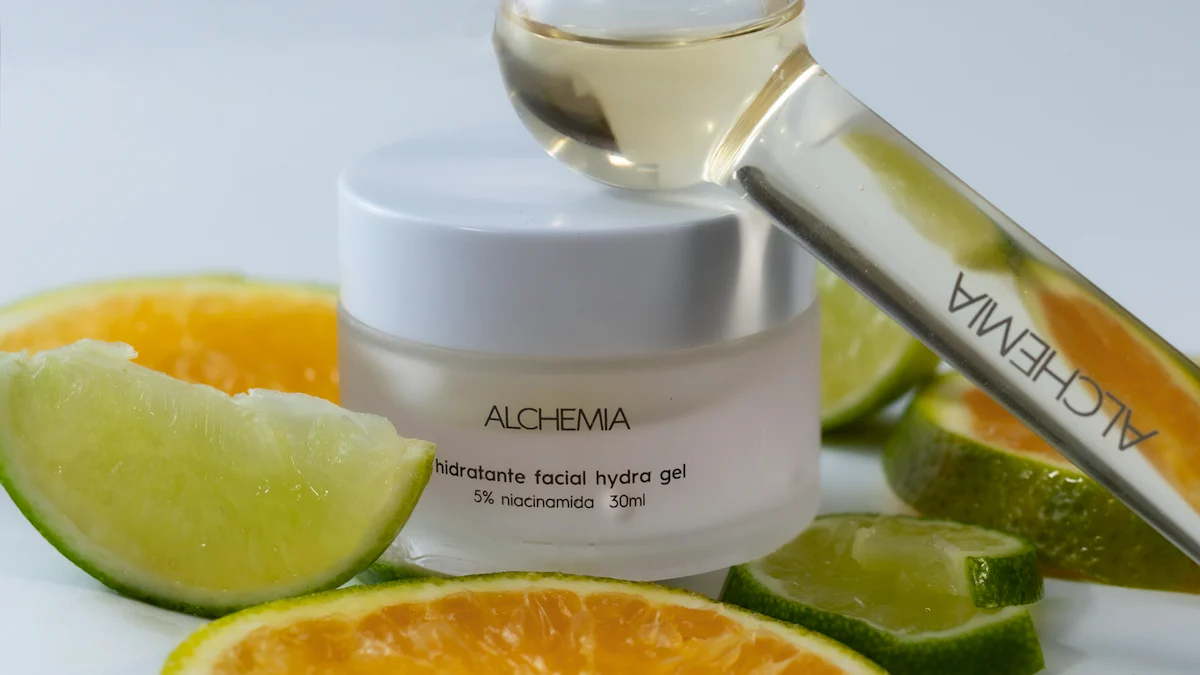
Your skin deserves care that’s both effective and gentle. That’s where arbutin comes in. This remarkable ingredient works by reducing melanin production, helping you achieve a brighter, more even complexion. Unlike harsh alternatives, it suits all skin types, even sensitive ones. You can rely on its safety for long-term use without worrying about irritation. Whether you’re dealing with dark spots or uneven tone, arbutin offers a solution that’s as kind to your skin as it is effective.
Key Takeaways
- Arbutin is a gentle, plant-derived ingredient that effectively reduces melanin production, helping to brighten skin and fade dark spots.
- Unlike harsh alternatives, arbutin is safe for all skin types, including sensitive skin, and can be used long-term without irritation.
- For best results, incorporate arbutin into your skincare routine by applying it after cleansing and toning, and always follow with sunscreen to protect against UV damage.
- Patience is key; consistent use of arbutin over 4-6 weeks will lead to noticeable improvements in skin tone and brightness.
- Arbutin is a safer alternative to other whitening agents like hydroquinone and kojic acid, which can cause irritation and long-term skin damage.
- To maximize the benefits of arbutin, combine it with hydrating products and target specific areas of discoloration for effective treatment.
What is Arbutin?
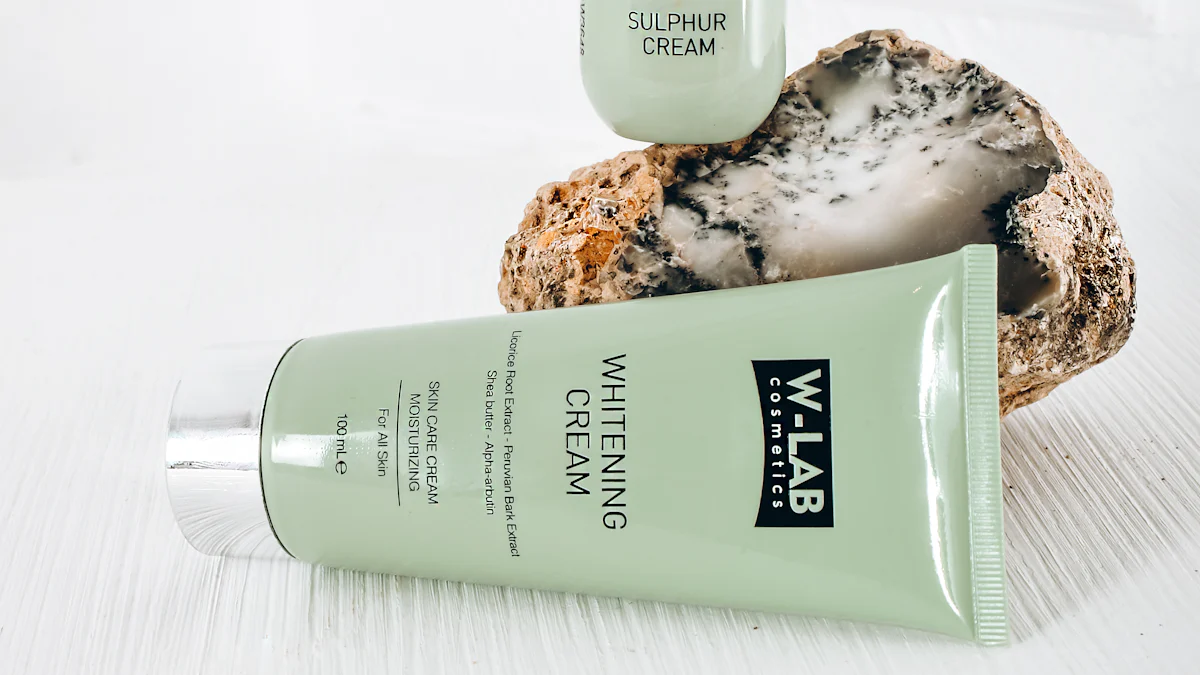
Arbutin is a naturally derived compound that has gained popularity in the world of skincare. It’s known for its ability to brighten your skin and reduce the appearance of dark spots. This ingredient works gently yet effectively, making it a favorite for those seeking a radiant complexion without irritation.
The Origin of Arbutin
Arbutin comes from plants like bearberry, blueberry, and cranberry. These plants produce it as a natural defense against environmental stressors. Over time, scientists discovered its benefits for human skin. By extracting arbutin from these plants, skincare experts created products that help you achieve a more even skin tone. Its plant-based origin makes it a safer alternative to synthetic whitening agents.
Arbutin’s Role in Skin Whitening
Arbutin plays a key role in reducing melanin production in your skin. Melanin is the pigment responsible for dark spots, freckles, and uneven skin tone. By targeting the enzyme that triggers melanin production, arbutin helps fade discoloration over time. This process doesn’t harm your skin, which makes it ideal for long-term use. Whether you’re dealing with acne scars or age spots, arbutin offers a gentle solution to brighten your complexion.
How Arbutin Works for Skin Whitening
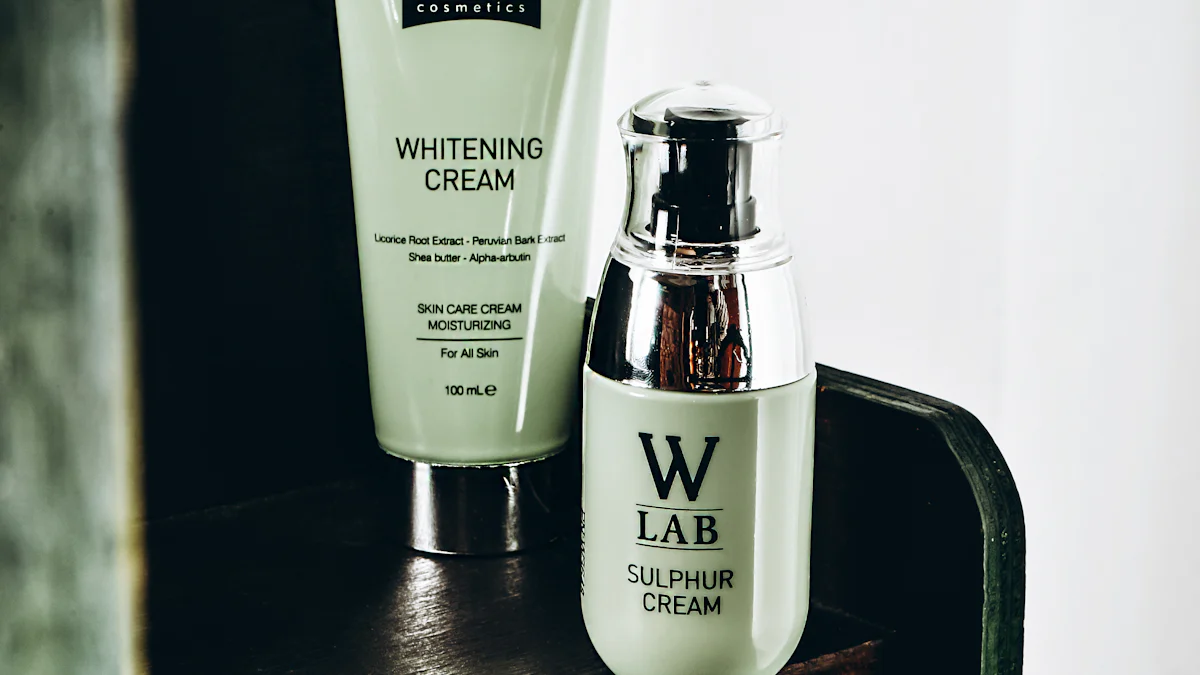
Mechanism of Action
Arbutin works by targeting the enzyme responsible for melanin production in your skin. This enzyme, called tyrosinase, plays a key role in creating the pigment that causes dark spots and uneven tone. When you apply arbutin, it blocks tyrosinase activity. This reduces the amount of melanin your skin produces, leading to a brighter and more even complexion over time.
Unlike harsh chemicals, arbutin doesn’t strip your skin or cause irritation. It works at a cellular level, gently slowing down melanin production without damaging your skin’s natural barrier. This makes it a safe and effective choice for anyone looking to fade discoloration, whether it’s from sun exposure, acne scars, or age spots.
Gentle Yet Effective
You don’t have to choose between results and comfort when using arbutin. Its gentle nature makes it suitable for all skin types, even if your skin is sensitive. Many whitening agents can cause redness, dryness, or peeling, but arbutin avoids these side effects. It delivers visible improvements without making your skin feel uncomfortable.
Arbutin’s effectiveness lies in its ability to work gradually. You won’t see overnight changes, but with consistent use, you’ll notice your skin becoming brighter and more even. This slow and steady approach ensures long-lasting results while keeping your skin healthy. Whether you’re new to skincare or a seasoned enthusiast, arbutin offers a reliable way to achieve a radiant complexion.
Why Arbutin is Better Than Other Skin Whitening Agents
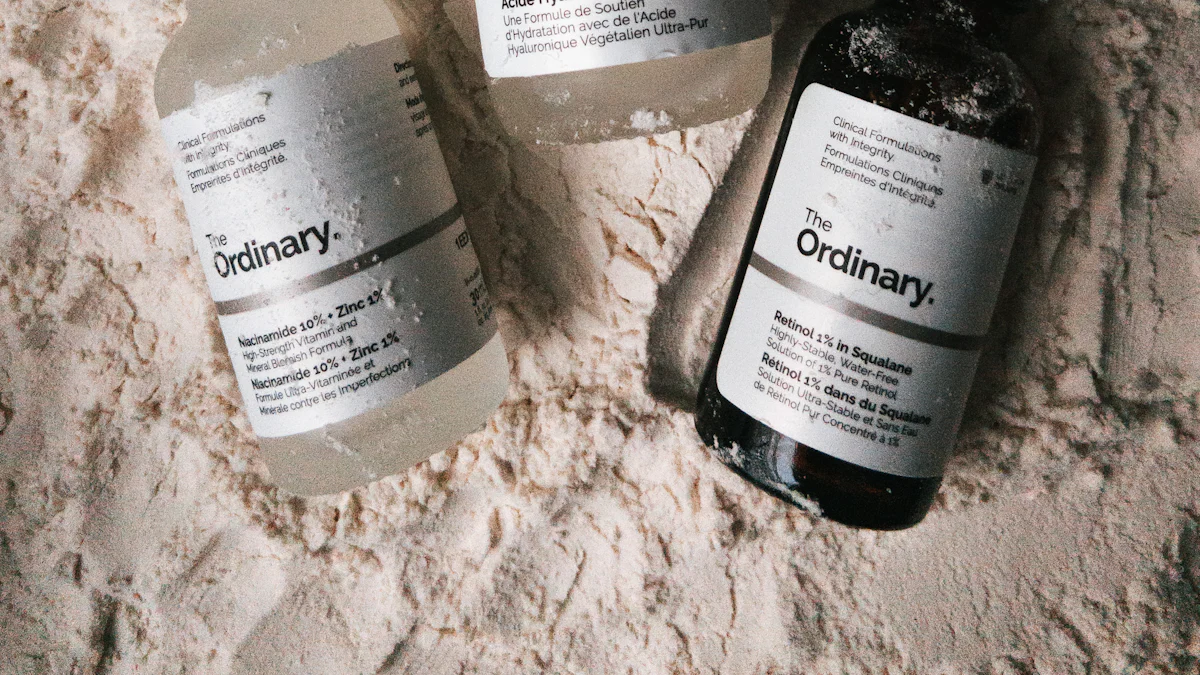
Comparison to Hydroquinone
Hydroquinone has been a popular choice for skin whitening, but it often comes with risks. You may experience irritation, redness, or even long-term skin damage when using it. Hydroquinone works by completely stopping melanin production, which can leave your skin vulnerable to sun damage. In contrast, arbutin offers a safer alternative. It reduces melanin production gradually, allowing your skin to maintain its natural balance. You won’t have to worry about harsh side effects or sensitivity when using arbutin. Its gentle nature makes it a better option for long-term use.
Comparison to Kojic Acid and Vitamin C
Kojic acid and vitamin C are also common ingredients in skin whitening products. While they can brighten your skin, they often cause irritation, especially if you have sensitive skin. Kojic acid may lead to redness or dryness, and vitamin C can oxidize quickly, losing its effectiveness. Arbutin stands out because it remains stable and effective over time. It works gently, making it suitable for all skin types. You’ll notice that arbutin delivers consistent results without the discomfort or instability associated with these alternatives.
Unique Benefits of Arbutin
Arbutin offers unique benefits that set it apart from other whitening agents. It works effectively without disrupting your skin’s natural barrier. This means you can achieve a brighter complexion without compromising your skin’s health. Arbutin also targets specific areas of discoloration, such as dark spots and acne scars, giving you a more even tone. Its plant-based origin adds another layer of safety, making it a reliable choice for anyone looking to improve their skin. With arbutin, you get a combination of effectiveness, gentleness, and long-term results that other agents simply can’t match.
Safety and Efficacy of Arbutin
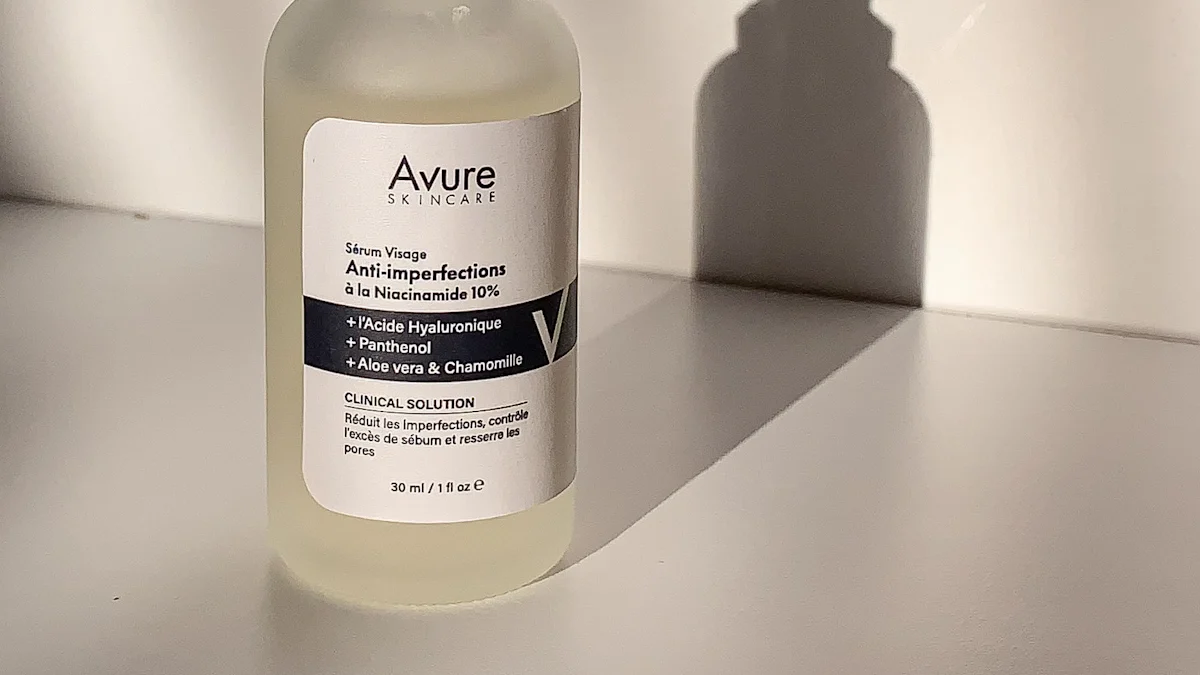
Evidence Supporting Arbutin’s Safety
When it comes to skincare, safety should always be your top priority. Arbutin has earned its reputation as one of the safest skin-brightening ingredients available. Derived from natural sources like bearberry and cranberry plants, it offers a gentle solution for improving your skin tone. Unlike harsher alternatives, it doesn’t cause irritation or disrupt your skin’s natural balance. This makes it an excellent choice, even if you have sensitive skin.
Research backs up its safety. Studies show that arbutin doesn’t trigger allergic reactions or cause redness when applied to the skin. Dermatologists often recommend it because it works without harming your skin barrier. You can use it daily without worrying about long-term side effects. Its plant-based origin and mild nature make it a reliable option for anyone seeking a brighter complexion.
Proven Effectiveness
Arbutin doesn’t just promise results—it delivers them. Its ability to reduce melanin production has been proven through scientific studies and real-world use. By targeting the enzyme responsible for dark spots and uneven tone, it helps fade discoloration over time. Whether you’re dealing with acne scars, sunspots, or age-related pigmentation, arbutin provides a solution that works.
Users often notice visible improvements after consistent use. Your skin may appear brighter and more even within weeks. Unlike some whitening agents that work too aggressively, arbutin takes a gradual approach. This ensures that your skin stays healthy while achieving the desired results. Its effectiveness has made it a favorite among skincare enthusiasts and professionals alike.
If you’re looking for a product that combines safety with proven results, arbutin is hard to beat. It offers a gentle yet powerful way to achieve a radiant complexion without compromising your skin’s health.
How to Use Arbutin for Best Results
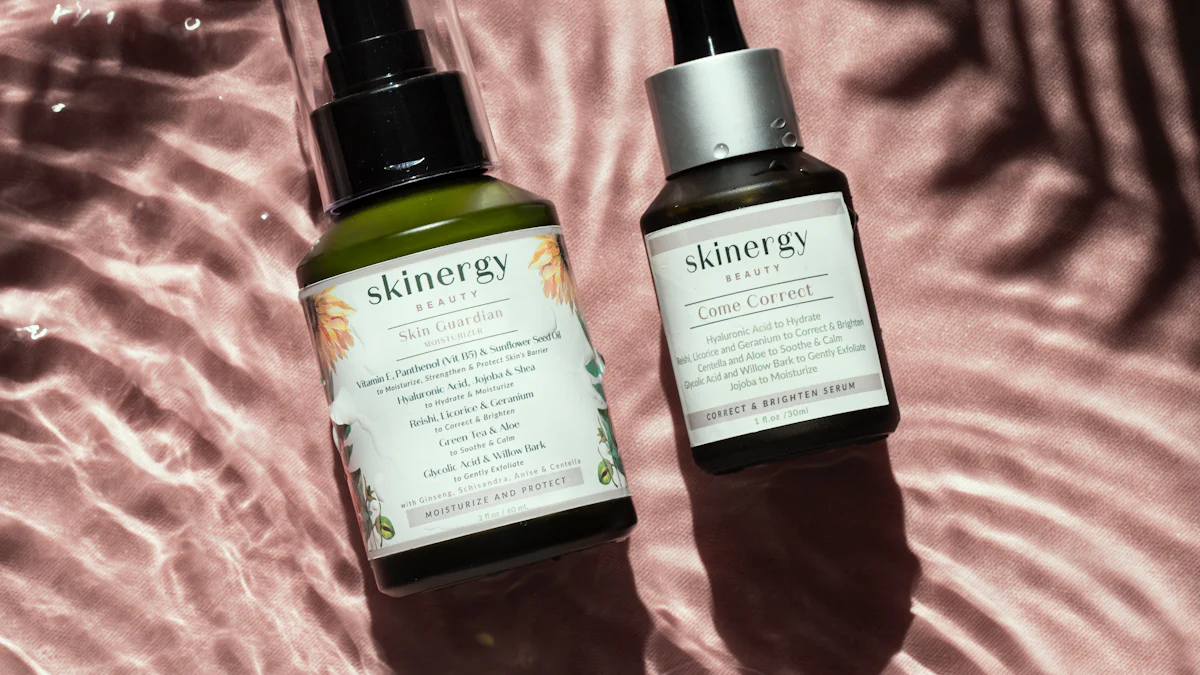
Incorporating Arbutin into Your Skincare Routine
Adding arbutin to your skincare routine is simple and effective. Start by choosing a product that contains arbutin, such as a serum, cream, or toner. Look for products with clear labeling to ensure you’re getting the right concentration for your skin type. Most skincare experts recommend starting with a lower concentration if you’re new to arbutin. This helps your skin adjust without any discomfort.
Use arbutin after cleansing and toning your skin. Apply a small amount to areas with dark spots or uneven tone. Gently massage it into your skin until it’s fully absorbed. Follow up with a moisturizer to lock in hydration and keep your skin barrier healthy. If you’re using other active ingredients, like retinol or exfoliating acids, alternate their use to avoid overloading your skin.
Consistency is key when using arbutin. Apply it once or twice daily, depending on the product’s instructions. Morning application works well, but don’t forget to layer sunscreen afterward. Arbutin makes your skin more sensitive to sunlight, so sun protection is essential to prevent further discoloration.
Tips for Maximizing Results
To get the most out of arbutin, follow these tips:
-
Be Patient: Arbutin works gradually. You may not see immediate changes, but consistent use will lead to noticeable improvements over time. Stick with your routine for at least 4-6 weeks to see results.
-
Pair with Sunscreen: Always wear sunscreen during the day. UV rays can worsen pigmentation, undoing the progress you’ve made with arbutin. Choose a broad-spectrum sunscreen with SPF 30 or higher for optimal protection.
-
Avoid Overuse: More isn’t always better. Using too much arbutin can irritate your skin. Stick to the recommended amount and frequency to keep your skin healthy.
-
Combine with Hydrating Products: Arbutin works best when your skin is well-hydrated. Use products with ingredients like hyaluronic acid or aloe vera to maintain moisture and enhance absorption.
-
Target Specific Areas: Focus on applying arbutin to areas with discoloration, such as dark spots or acne scars. This targeted approach ensures you’re addressing problem areas effectively.
-
Monitor Your Skin: Pay attention to how your skin reacts. If you notice irritation or redness, reduce the frequency of use. Everyone’s skin is different, so adjust your routine as needed.
By following these steps, you’ll maximize the benefits of arbutin and achieve a brighter, more even complexion. Remember, skincare is a journey, and consistency will always yield the best results.
Arbutin stands out as a top choice for achieving brighter, more even skin. Its ability to gently reduce melanin production makes it both effective and safe for long-term use. You can trust it to work without causing irritation or disrupting your skin’s natural balance. Whether you’re targeting dark spots or uneven tone, this ingredient delivers consistent results. With its versatility and proven benefits, arbutin offers a reliable solution for anyone seeking a radiant complexion. Start incorporating it into your routine today and see the difference for yourself.
FAQ
What is the best way to start using arbutin?
Start by choosing a product that suits your skin type, like a serum or cream with arbutin. Apply it to clean, dry skin after cleansing and toning. Focus on areas with dark spots or uneven tone. Use a small amount and gently massage it in until fully absorbed. Always follow up with a moisturizer and sunscreen during the day.
How long does it take to see results with arbutin?
You’ll need patience when using arbutin. Most people notice visible improvements within 4-6 weeks of consistent use. Your skin will gradually appear brighter and more even. Stick to your routine, and you’ll see steady progress over time.
Can I use arbutin with other skincare ingredients?
Yes, arbutin works well with many skincare ingredients. Pair it with hydrating products like hyaluronic acid to keep your skin moisturized. If you use active ingredients like retinol or exfoliating acids, alternate their use to avoid irritation. Always monitor how your skin reacts and adjust your routine if needed.
Is arbutin safe for sensitive skin?
Arbutin is gentle and safe for sensitive skin. Its plant-based origin makes it less likely to cause irritation. Start with a lower concentration to ensure your skin adjusts comfortably. If you experience redness or discomfort, reduce the frequency of use.
Should I use arbutin in the morning or at night?
You can use arbutin in the morning, at night, or both, depending on the product’s instructions. If you apply it in the morning, always follow with sunscreen. Arbutin can make your skin more sensitive to sunlight, so sun protection is essential.
Can arbutin help with acne scars?
Yes, arbutin can fade acne scars over time. It reduces melanin production, which helps lighten dark spots caused by acne. Consistent use will gradually improve the appearance of scars, leaving your skin more even-toned.
Does arbutin work for all skin types?
Arbutin suits all skin types, including oily, dry, combination, and sensitive skin. Its gentle nature makes it a versatile choice for anyone looking to brighten their complexion. Always patch-test new products to ensure compatibility with your skin.
Can I use arbutin during pregnancy?
Arbutin is generally considered safe during pregnancy, but it’s always best to consult your doctor or dermatologist before adding new products to your routine. They can provide personalized advice based on your specific needs.
What concentration of arbutin should I look for?
Most products contain 1-2% arbutin, which is effective and safe for regular use. If you’re new to arbutin, start with a lower concentration to let your skin adjust. Higher concentrations may be available, but they should be used under professional guidance.
Do I still need sunscreen if I use arbutin?
Absolutely! Sunscreen is a must when using arbutin. UV rays can worsen pigmentation and undo your progress. Choose a broad-spectrum sunscreen with SPF 30 or higher and apply it daily. This step protects your skin and enhances the effectiveness of arbutin.
Post time: Jan-06-2025

